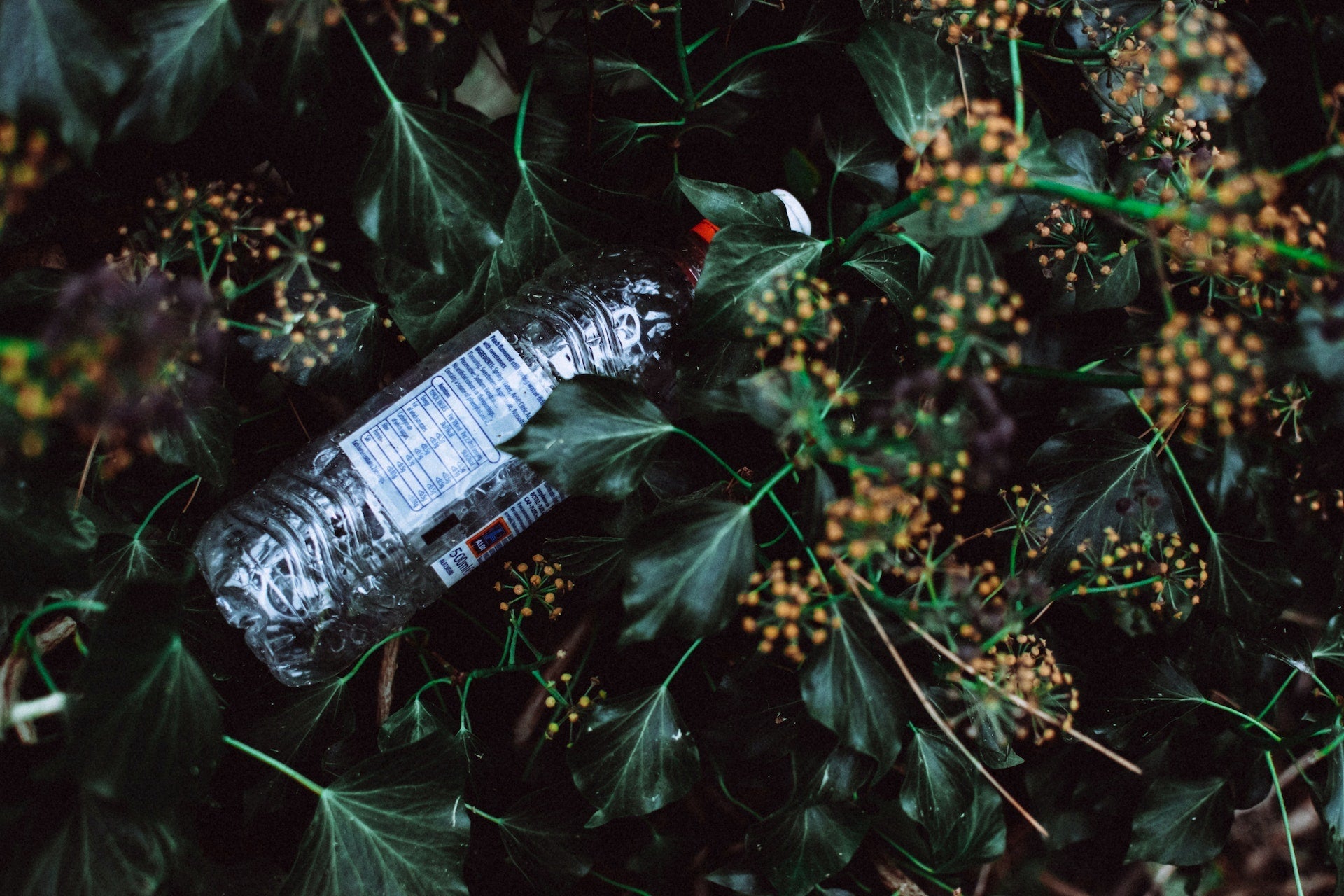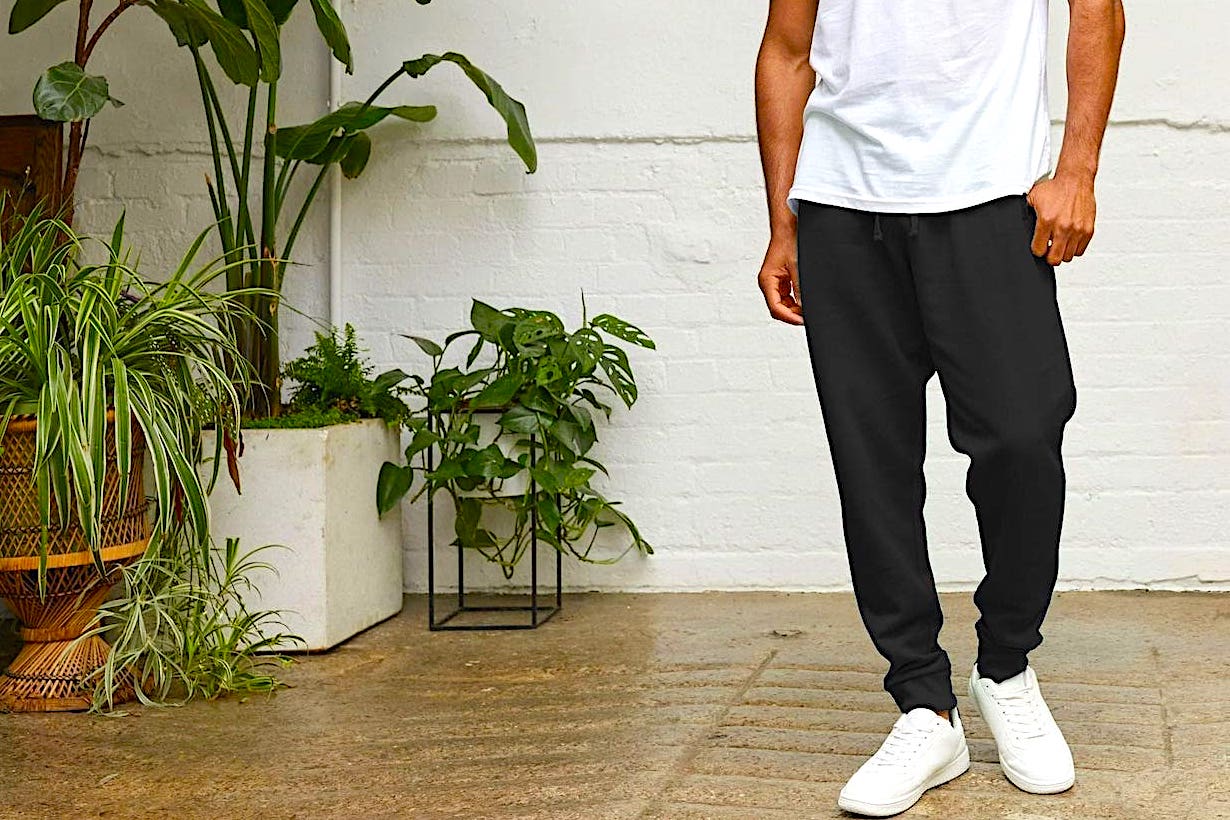Here’s a roundup of some of the finest sustainable fashion stories that hit the news in November…
Marking Primark's homework: Sustainability and Ethics Progress Report
Primark published its Sustainability and Ethics Progress Report in late November showing some seemingly significant improvements in some areas and some good first steps in others. Primark says that “45% of our clothing units sold contained recycled or more sustainably sourced materials, increasing from 25% at the launch of Primark Cares”. Now on the face of it that seems like a big change, however, the first question that came to mind was: how much of each garment is from sustainably sourced materials? Sure enough, it was a valid question as Primark itself parked a disclaimer in small text at the bottom that reads: “We have been working to increase the minimum content levels of recycled and more sustainably sourced materials in our Primark Cares ranges. This metric is calculated by assessing a garment against the minimum content standard that existed at the time of production, so minimum content levels may vary. We will take this approach consistently as we continue to increase the minimum standards we require.” Hmmm - do you see why we wrote “seemingly significant improvements” earlier?!
Moving on to other areas, we learn that Primark has trained over 250,000 farmers in its Primark Sustainable Cotton Programme, it has introduced LED lights into 37 stores, and 65% of stores have Textile Takeback boxes. This is the first year of its Primark Cares programme and the size of the organisation surely makes it unwieldy when it comes to introducing change so we should probably cut them some slack. Needless to say though, we will obviously be keeping an eye on this.
The Prince's Foundation launches sustainable luxury womenswear range
King Charles III’s eco credentials have been much discussed over the years and it should be no surprise that The Prince’s Foundation has launched a sustainable luxury womenswear range. The Prince’s Foundation is of course the sustainability-focused charity led by King Charles that started out when he was Prince of Wales. The womenswear range is a 13-piece, ready-to-wear “responsible” capsule collection that was crafted by the artisans in the Textile Training Centre at Dumfries House. The Prince’s Foundation teamed up with the owner of high-end online fashion retailer Yoox Net-A-Porter to launch the range.

Reading this initially in one publication, the word “responsible” that we reproduced above was puzzling. It was only after reading further elsewhere, that we learned what this meant practically. The Artisans were tasked to carefully select natural and certified materials with over 50% repurposed from surplus textile production. They also needed to apply circular design principles such as zero waste and data-informed design. Each piece also contains a Digital ID with information on how partnership with environmental consultancy Carbonsink has helped to minimise, calculate, and compensate for the carbon footprint of each garment. It turns out that carbon credits support the Artisans’ chosen certified offsetting project, the Kariba Forest Protection.
It has to be said that we are a long way from a single word / phrase / certification at the point of sale for ready-to-wear garments that is universally understood. Any ideas on this? Please comment below!
New BBC film series focused on sustainability in fashion
One of the challenges of working in the sustainable fashion space is that part of one’s role often involves educating others. Many of our journal posts are written in this vein: we talk about different types of cotton, organic cotton certifications, and so on. It doesn’t half help though when it’s someone with bigger reach doing the educating! So it’s good to see the BBC involved in a film series focusing on sustainability in the fashion industry. The series is expected to educate consumers as to the scale of the issue and the promise of solutions. What sounds exciting about this particular project is that it seems more than just some documentaries that are aired and quickly forgotten about. Apparently, the series will be hosted on a dedicated BBC.com microsite, providing an opportunity for in-depth coverage spanning films, articles, infographics, and animations. A multi-platform campaign is expected to target relevant audience groups from among BBC.com’s 144 million monthly browsers.
The fashion industry awaits imminent EU rules to prevent greenwashing
Fashion brands have been making sustainability claims left and right. “Sustainable.” “Eco-friendly.” “Good for the planet.” “Conscious." You know the drill.
Or maybe you don't but as awareness of greenwashing increases, the EU is buckling down to try and address misleading sustainability claims by brands. After all, if Primark can get away with it, as we mentioned earlier, it’s clear that the industry needs more regulation. Especially since Stand.earth revealed in an October report that despite fashion brands’ prolific promises about reducing emissions, the fashion industry’s carbon footprint has been rising.
Up until recently, the EU had been using the Higg MSI index to clarify environmental claims, which was developed by The Sustainable Apparel Coalition (SAC). The index was respected until it received backlash because of greenwashing. The Norwegian Consumer Authority also warned against using it. In short, the index is more or less disgraced because it supports the very thing it's supposed to protect against.

From a tweet by Greenwash.com
As the next step to counteract greenwashing, the EU was supposed to publish its Green Claims Proposal at the end of November. But that time has passed and at the last minute, it has been postponed. Nevertheless, it's coming soon and that's for sure. Next year, we anticipate a wave of stronger legislation against greenwashing - in fashion and elsewhere.
Sustainable Fashion Enabler ACS partners with Circularity Capital
UK-based Advanced Clothing Solutions (ACS) is a sustainable fashion enabler for brands and retailers to move towards circularity. Circularity Capital is an investment management firm dedicated to advancing the circular economy. So what more fitting news than a partnership between the two, with ACS securing an investment of GBP10m (US $12m) from Circularity Capital.
But what does ACS do? Well, ACS provides retailers with the means necessary to scale their rental, subscription, and resale processes with ease. The fresh investment from Circular Capital will give them the means to expand the solutions they give brands to meet the growing demand for clothing rental and repair. And with the news in our roundup from last month about secondhand fashion still causing vast amounts of pollution in poorer countries, developing better solutions is vital.

That's all for now - stay tuned for December's roundup!




